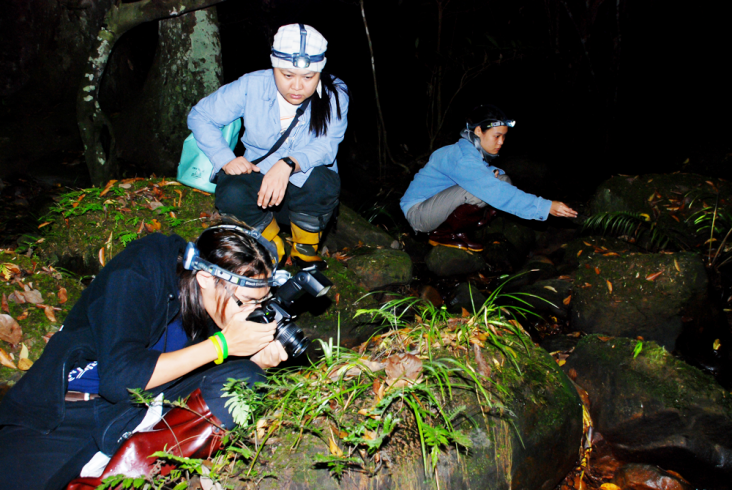"Being LGBT in Asia” is a ground-breaking, first-of-its-kind initiative to support Asia’s lesbian, gay, bisexual and transgender (LGBT) people. It works to bolster basic LGBT rights across the continent and in specific focus countries including China, Indonesia, the Philippines and Thailand. In 2014, the Embassy of Sweden in Bangkok, through the section for Regional Development Cooperation, joined the U.S. Agency for International Development (USAID) and the United Nations Development Programme (UNDP) as a lead funding partner, raising the profile of regional organizations and institutions in addressing LGBT rights issues. The program will be implemented through 2017.
The Mekong River watershed is one of the most productive and biodiverse in the world, with a freshwater fishery that supports the livelihoods of 60 million people. Unfortunately, the Mekong region is susceptible to the negative effects of climate change, which are aggravated by existing and proposed hydropower dams that restrict fish passage, and trap sediment and prevent it from replenishing areas downstream, particularly in the river’s delta.
The six-year Climate Resilient Mekong program helps Lower Mekong countries study the potential effects of dam construction and identify ways to mitigate the potential impacts on the Mekong River system. The program works to better inform the choices made by national governments, investors and hydropower customers with regard to the siting, design and operation of hydropower dams throughout the entire Mekong River system in order to maintain the flow of water, sediment and nutrients essential for sustaining the river’s exceptional biological productivity and allow for fish passage.
The U.S. Government inter-agency Smart Infrastructure for the Mekong (SIM) program, coordinated by the U.S. Agency for International Development (USAID), provides Lower Mekong Initiative (LMI) partner countries with support to develop environmentally sound and socially equitable infrastructure, clean energy development, land and/or water resources use.








Comment
Make a general inquiry or suggest an improvement.